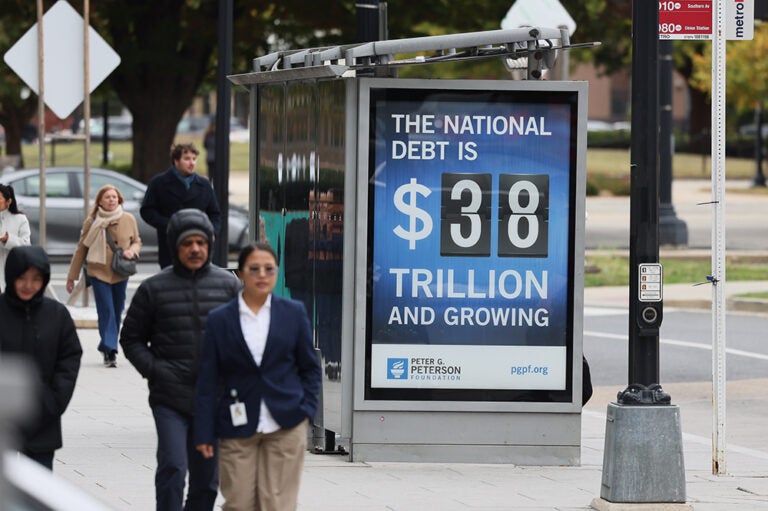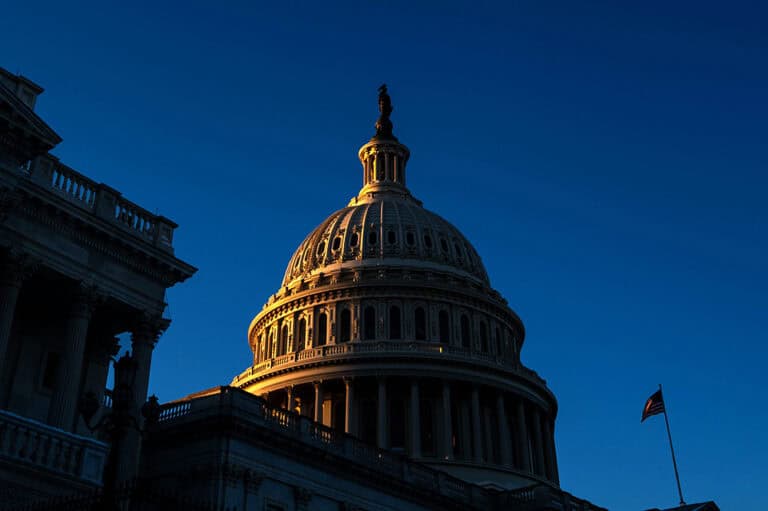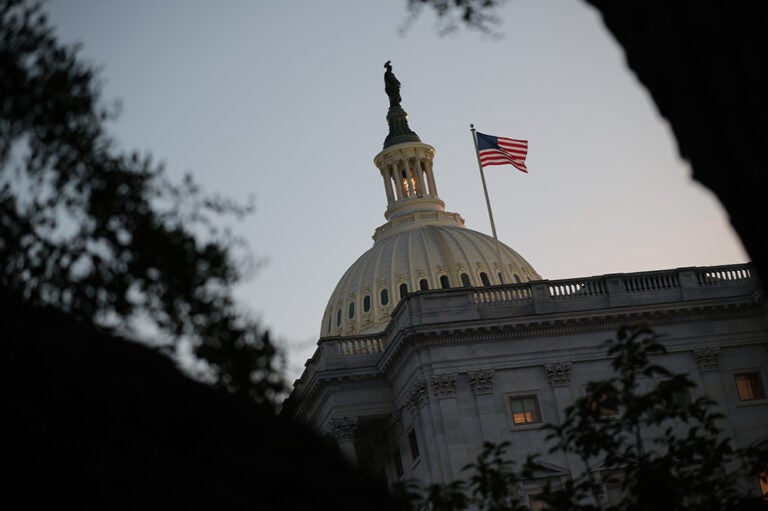America’s fiscal health and economic strength are closely linked. A strong fiscal foundation creates conditions that encourage economic growth: an environment with greater access to capital, increased public and private investments, enhanced business and consumer confidence, and a solid safety net. In turn, those factors improve the lives of Americans by supporting a vibrant economy with rising wages and greater opportunity, productivity, and mobility.
Unfortunately, America remains on an unsustainable fiscal path. Federal debt is already at its highest level since just after World War II and annual deficits are on an upward trajectory for the years to come. Every year, the federal government spends more than it takes in. That fundamental mismatch between spending and revenues adds trillions to our national debt, weakening our economy and adding a burden on future generations.
As debt rises, so do interest costs, which can squeeze out investments in our shared future, like education, infrastructure, and research and development as well as spending on other federal programs that protect the most vulnerable Americans. Increased federal borrowing also crowds out private investment, limits the ability of the government to respond to the unexpected, and diminishes our leading role in the world.
Below is a selection of key charts that outline the nation’s unsustainable fiscal trajectory.
Attribution Policy: If you would like to use any of these charts, please credit the "Peter G. Peterson Foundation" and provide the pgpf.org website URL and hyperlink. If you would like to include one of our charts in a commercial product, please email copyright@pgpf.org.
Further Reading
What Is the National Debt Costing Us?
Programs that millions of Americans depend on and care about may be feeling a squeeze from interest costs on our high and rising national debt.
Interest Costs on the National Debt Are Reaching All-Time Highs
The most recent CBO projections confirm once again that America’s fiscal outlook is on an unsustainable path — increasingly driven by higher interest costs.
New Report: National Debt Outlook Gets Worse as Interest Costs Exceed $1 Trillion Annually
A new CBO report shows that the national debt outlook worsened from last year’s projections.


